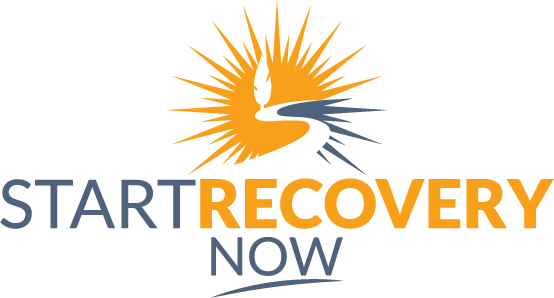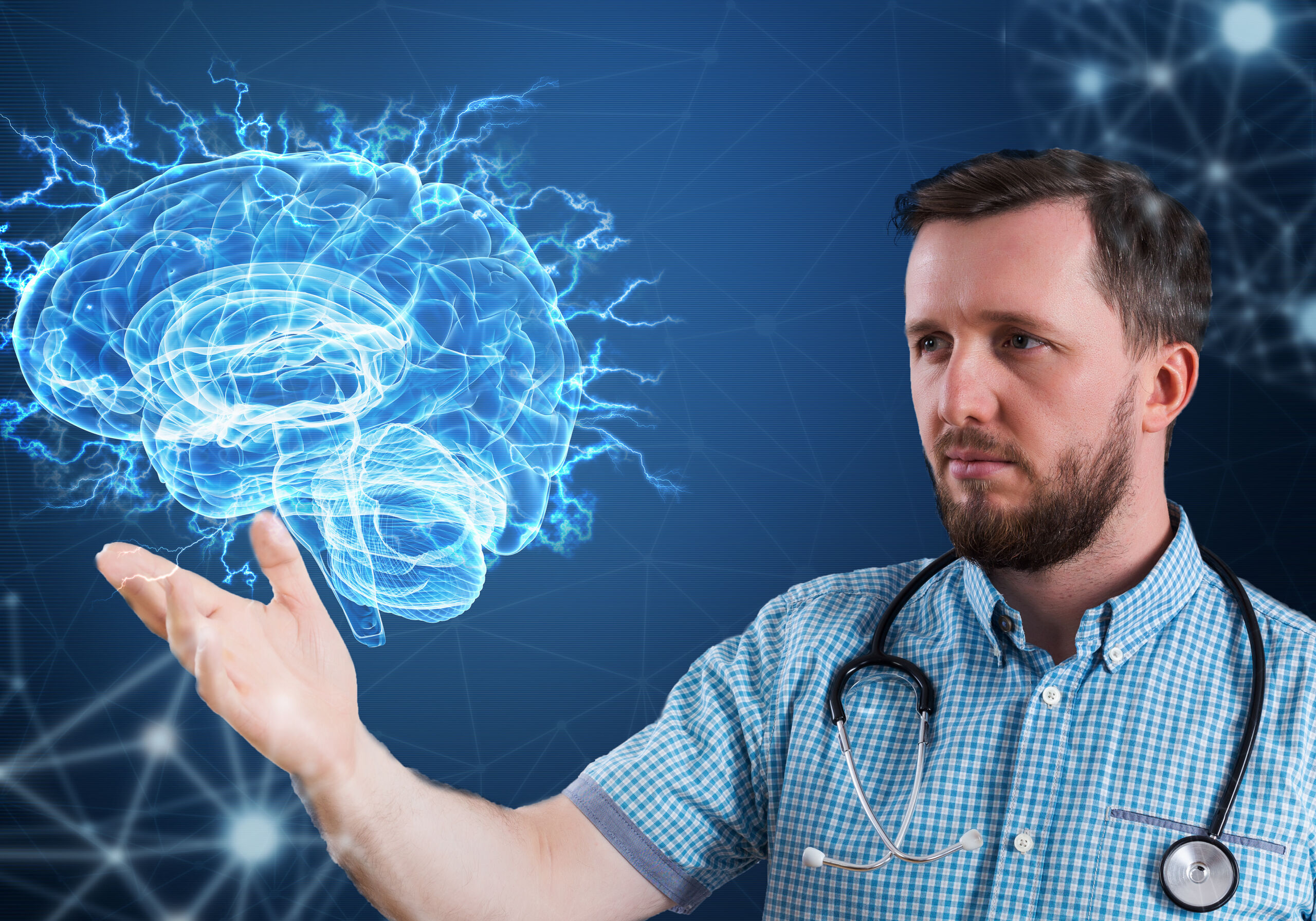Alternative Addiction Treatment Options
Exploring Effective Alternative Addiction Treatment Options: Beyond Conventional Methods When […]
Exploring Effective Alternative Addiction Treatment Options: Beyond Conventional Methods
When traditional addiction treatment doesn’t resonate with you, turning to alternative methods might hold the key to lasting recovery. This article sheds light on alternative addiction treatment options like holistic therapies, mindfulness, and exercise, examining how they support diverse recovery paths and confront addiction’s multifaceted nature.
Key Takeaways
- Holistic and alternative addiction treatments, such as yoga, mindfulness, and acupuncture, show promise in complementing traditional recovery methods by addressing the unique psychological and physical needs of individuals striving for sobriety.
- There is an increasing trend in exploring complementary and alternative medicine (CAM) for substance use disorders, which, although supported more by anecdotal than extensive research evidence, could be integral by offering promising outcomes in recovery.
- Integrated care that combines treatment for mental health issues and substance use disorders is crucial, as these conditions often coexist and affect each other; alternative treatments may assist in managing stress and mental disorders during recovery.
Exploring Non-Traditional Addiction Treatment Programs

One emerging trend in the field of addiction recovery is the utilization of holistic and alternative treatment programs. By focusing on both the psychological and physical needs of the patient, these innovative treatments aim to restore balance in the lives of individuals battling addiction.
Collaboration between service providers and agencies is key in the successful implementation of these treatments, emphasizing the importance of treating clients as equal partners in their recovery journey. The primary goal of alternative addiction treatments is personal recovery, and their effectiveness lies in their ability to align with the unique needs of each individual.
The Rise of Holistic Methods in Substance Abuse Treatment
Holistic addiction treatments, such as mindfulness meditation, yoga, and acupuncture, have become increasingly prevalent, offering a comprehensive approach to recovery. One noteworthy program is the Yoga of 12-Step Recovery (Y12SR), which merges yogic philosophy with traditional recovery models to provide holistic support.
Regular practice of yoga has been observed to aid in stress reduction, which is crucial in recovery from drug abuse. Along with addressing emotional disturbances and obsessive thoughts, holistic therapies also focus on nutritional deficiencies, spiritual development, and physical health, offering a well-rounded approach to substance abuse treatment.
Embracing Mindfulness and Emotional Support
Alongside holistic therapies, mindfulness training and support groups play a crucial role in addiction recovery. Mindfulness training helps individuals develop self-regulation skills and reduce emotional reactivity, which are key in managing addictive behaviors. A review in 2011 highlighted the positive impact of mindfulness training on individuals undergoing addiction recovery.
Some benefits of mindfulness training in addiction recovery include:
- Increased self-awareness
- Improved impulse control
- Reduced cravings
- Better stress management
- Enhanced emotional well-being
By incorporating mindfulness training into your addiction recovery journey, you can improve your chances of long-term sobriety and overall well-being.
Furthermore, support groups provide much-needed emotional support, empowering individuals with success stories and problem-solving skills that can be applied throughout recovery.
The Role of Complementary Therapies
Complementing traditional treatments, therapies like:
- Equine therapy, which helps individuals explore emotional issues and develop self-competence
- Art therapy, which allows individuals to express themselves creatively and process emotions
- Massage therapy, which promotes relaxation and reduces stress
Our services offer additional holistic support, ensuring compliance with regulations such as the use of a HIPAA badge.
Art therapy provides a therapeutic path, allowing individuals to express and address their emotional challenges through the creative process.
Decoding the Effectiveness of Alternative Treatments

Alternative treatments like acupuncture and Emotional Freedom Techniques (EFT) have shown promising outcomes in the recovery process, despite the limited research available. Since 2015, there has been an upward trend in publications on complementary and alternative medicine (CAM) for substance use disorders, indicating an increasing interest in these alternative treatment methods.
While their effectiveness is primarily supported by anecdotal evidence, alternative treatments still play a significant role in the recovery process by complementing traditional addiction treatments.
Limited Research Yet Promising Outcomes
While there is a need for more comprehensive clinical and experimental research on alternative addiction treatments, small studies and clinical observations suggest potential benefits for psychological health and relapse prevention. This evidence, although limited, underscores the importance of exploring alternative treatments further.
Case Studies: From Acupuncture to Adventure Therapy

Specific cases have demonstrated the potential effectiveness of alternative treatments like acupuncture in dealing with Substance Use Disorders (SUDs). As one of the most common CAM therapies for treating SUDs, acupuncture has been approved for study purposes by an Ethics Committee.
Another promising alternative treatment is adventure therapy, which involves outdoor group sessions with high-risk activities, fostering self-discovery and better behavioral responses in individuals with SUDs.
The Intersection of Mental Health and Addiction Recovery
Mental health issues and substance use disorders often coexist, having a substantial impact on each other. Substance abuse can amplify mental health symptoms, while mental health problems can lead to escalated substance use, creating a worsening cycle.
Therefore, to manage the overdose crisis and ensure the success of addiction treatments, integrated screening and care for mental health conditions are essential components.
Managing Stress and Mental Disorders with Holistic Therapies
Holistic therapies can play a vital role in managing stress and mental disorders during addiction recovery. Developing stress management skills is particularly crucial for individuals recovering from addiction to prevent substance abuse relapse and manage symptoms of mental health disorders.
Mindfulness-based therapies and practices, such as yoga, help individuals foster increased self-awareness and develop new stress-coping mechanisms. Another effective approach is psychodrama, a therapeutic technique that provides a platform for individuals to gain deeper insights into their behavior patterns and create effective strategies for dealing with interpersonal conflicts.
Integrating Mental Health Care in Addiction Treatment Programs
Treating mental health issues and substance abuse simultaneously through an integrated approach is essential for effectively treating co-occurring disorders. Unfortunately, often, both conditions remain untreated due to the fragmented nature of mental health services, which can be difficult to access.
Therefore, policies that enhance both process-of-care and structural components are vital to encourage the broad implementation of integrated care and the formation of multidisciplinary teams.
Navigating Withdrawal Symptoms with Alternative Approaches
Alternative approaches like biofeedback and neurofeedback can prove beneficial in navigating withdrawal symptoms during addiction recovery. These holistic therapies complement traditional recovery methods by helping to alleviate withdrawal symptoms, reduce stress, and address emotional concerns linked to substance use.
Biofeedback involves the use of sensors to monitor physiological responses, allowing a therapist to provide feedback to help control body functions. A specific type of biofeedback, neurofeedback, focuses on brain activity levels, assisting individuals in learning to regulate their own brain function as part of the recovery process.
Nutritional Interventions and Exercise

Nutritional interventions and exercise play a crucial role in managing withdrawal symptoms and promoting overall health during recovery. Here are some reasons why regular exercise is integral to recovery from substance use disorders:
- Exercise has stress-relieving effects
- Exercise can improve overall physical health
- Exercise routines provide a sense of structure and personal achievement, contributing to long-term sobriety.
A balanced diet rich in lean proteins, fruits, vegetables, beans, and selected whole grains is vital for meeting the nutritional demands of people in addiction recovery. Strategic dietary choices, such as low glycemic, nutrient-dense foods, play a critical role in controlling cravings and easing withdrawal symptoms.
Emotional Freedom Techniques (EFT) for Coping
Emotional Freedom Techniques (EFT) and other self-management techniques can provide valuable support for emotional regulation during withdrawal. EFT involves tapping exercises usually accompanied by a mantra, which can help reduce emotional distress. Designed to address the underlying emotional causes of addiction, EFT assists in coping with cravings.
Additional self-management techniques that individuals can use include breath work, yoga, and meditation, all of which support emotional regulation during withdrawal.
Personalized Recovery Training: Tailoring Treatment to the Individual

Personalized treatment plans tailored to individual needs and preferences are crucial for effective addiction recovery. Integrating physical activities like yoga and pilates into addiction recovery can create routines and provide psychological benefits by creating structure in daily life.
Holistic treatment programs for substance use disorders typically use a physical, mental, and spiritual model to develop comprehensive substance abuse treatments, emphasizing the significance of personalized treatment plans.
Assessing Suitability for Alternative Treatments
When considering alternative addiction treatments for drug addiction, it is essential to take into account the following factors:
- The individual’s entire medical and psychiatric history
- Pattern of substance use
- Living environment
- Employment situation
- History of trauma or legal issues
Collaborating with multidisciplinary teams adds value to the assessment of treatment plans as these teams bring in diverse expertise from different service areas.
Collaborative Decision Making with Treatment Providers
Patients are encouraged to work closely with healthcare providers to create a treatment plan that incorporates appropriate alternative therapeutic methods. Active participation in treatment planning ensures the best fit of alternative methods in the treatment regimen.
Including education about the disorder and related issues is critical for patient involvement in collaborative decision-making.
Rehab Facilities Offering Innovative Treatment Options
Innovative treatment options are available at treatment centers offering holistic services and alternative therapies. Personalized addiction recovery programs can include referrals to local facilities and support groups tailored to individual needs.
For those seeking alternative treatment solutions, contacting the SAMHSA National Helpline can provide 24/7 referrals to local treatment facilities and support groups.
Identifying Facilities with Holistic Services
The SAMHSA National Helpline provides a Treatment Referral Routing Service which can be utilized to find local treatment options that include holistic therapies. The National Helpline also aids individuals by offering confidential advice on the suitability of alternative addiction treatments, including holistic approaches, and providing information about insurance coverage for treatments of substance use disorders.
Verifying Coverage with Your Insurance Provider
Before starting a treatment program, it is important for patients to check with their insurance provider to understand what alternative addiction treatments are covered under their policy. To verify specifics of insurance coverage for holistic treatments, contacting the insurance provider is necessary.
Long-Term Recovery and Relapse Prevention Strategies
For sustained recovery and relapse prevention, building a sustainable healthy lifestyle and continuous engagement with support groups are crucial. Daily practices such as yoga, meditation, and balanced nutrition, learned during alternative treatment, are key for maintaining a healthy lifestyle post-recovery.
Consistent participation in support groups can provide accountability and resources to help prevent relapse.
Building a Sustainable Healthy Lifestyle
Regular exercise, balanced nutrition, and daily routines contribute to maintaining a healthy lifestyle post-recovery. Here are some benefits of exercise for individuals recovering from substance use disorders:
- Exercise releases endorphins, acting as a natural defense against depression.
- Exercise can aid in regulating sleep patterns.
- Exercise can help reduce anxiety, which is crucial for people in the early stages of recovery.
Moreover, adopting a well-balanced diet supports immune systems, cell regeneration, and the functioning of vital organs, while reducing the risk of future illnesses.
Continuous Engagement with Support Groups
Active participation in support groups provides:
- Accountability
- Resources to help prevent relapse
- A setting where individuals can share experiences and offer mutual support, crucial for continuous recovery.
Participation encourages the practice of self-care strategies crucial to maintaining focus on recovery goals and managing emotions without resorting to substance use.
Summary
In conclusion, exploring non-traditional addiction treatment programs that focus on holistic approaches and individualized care can offer comprehensive solutions to those battling substance abuse disorders. The rise of holistic methods, embracing mindfulness, emotional support, and integrated care are proving promising in the fight against addiction. By navigating withdrawal symptoms with alternative approaches, building sustainable healthy lifestyles, and engaging with support groups, long-term recovery is an attainable goal.
Frequently Asked Questions
What are some examples of alternative addiction treatments?
Yes, some examples of alternative addiction treatments are yoga, mindfulness meditation, acupuncture, equine therapy, and art therapy. These methods can complement traditional treatments and provide additional support.
How can alternative treatments help manage withdrawal symptoms during recovery?
Alternative treatments like biofeedback, neurofeedback, regular exercise, and balanced nutrition can help individuals regulate brain function, manage withdrawal symptoms, and promote overall health during recovery. These treatments can be beneficial for those navigating withdrawal symptoms.
Why is a personalized approach important in addiction recovery?
A personalized approach is important in addiction recovery because it allows treatment to be tailored to individual needs and preferences, emphasizing personal recovery as the primary goal. This ensures that the individual receives the most effective and targeted support.
How can I find facilities that offer holistic services?
You can utilize resources like the SAMHSA National Helpline to find local treatment facilities that offer holistic services. They provide a Treatment Referral Routing Service to assist you in your search.
What role do support groups play in long-term recovery and relapse prevention?
Support groups play a crucial role in long-term recovery by providing a setting for sharing experiences and mutual support, leading to accountability and resources for preventing relapse. Consistent participation is key to their effectiveness.




